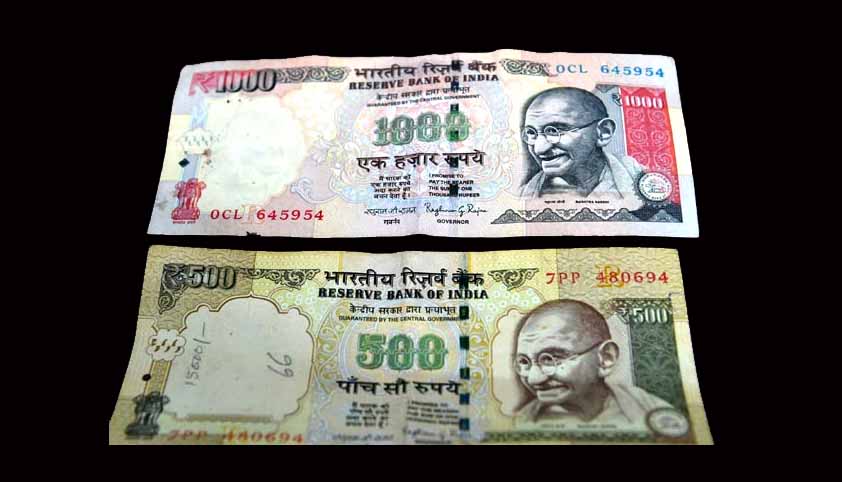How Come New Notes Being Seized In Crores When Public Not Even Getting Promised Rs24K A Week? SC
LIVELAW NEWS NETWORK
15 Dec 2016 5:42 PM IST

Next Story
15 Dec 2016 5:42 PM IST
The Supreme Court today posed several pointed questions to the government during the hearing of petitions challenging demonetisation.Apart from asking "how crores in new notes were being seized from various parts of the country when it could not pay even the promised Rs 24,000 a week to public", a bench headed by Chief Justice T S Thakur also expressed displeasure for not having any plan or...
